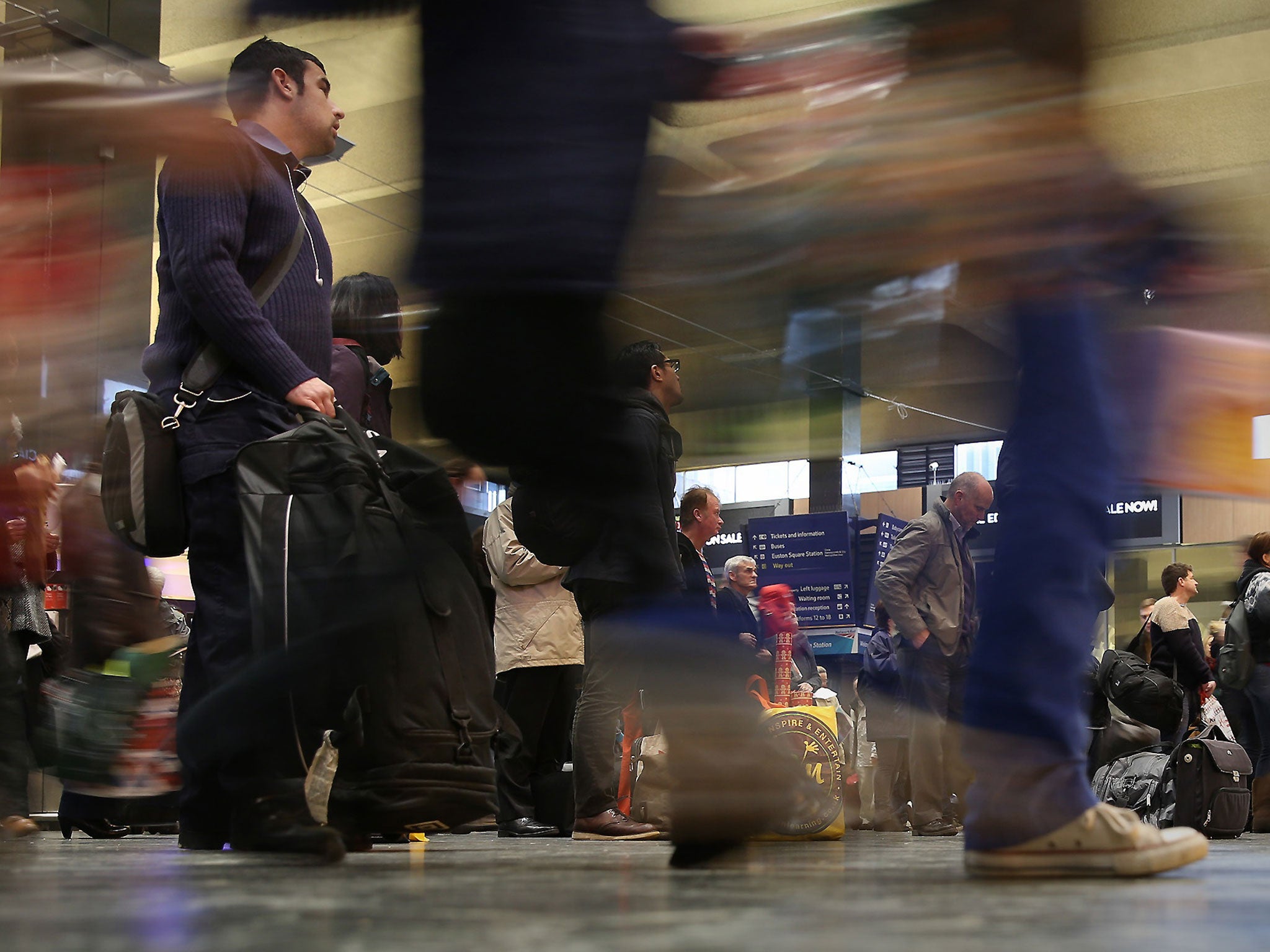Missing adults hide – but they don't run far
Most Britons who flee the pressures of everyday life stay close to home, researchers have found

Tens of thousands of "runaway" Britons who disappear every year stay within a few miles of their homes, according to the first study based on in-depth interviews with "missing" adults.
The research discovered that despite fleeing their homes and everyday lives – and often taking extreme measures to stay anonymous, such as changing their appearance, using false identification and avoiding CCTV cameras – runaways usually remained close to their original homes, where they felt more comfortable and less conspicuous than they would in an unfamiliar place. Most of them also chose to get about on foot, rather than by using cars or public transport.
The report, The Geographies of Missing People, is based on face-to-face interviews with 45 adults who went missing in London or Scotland between 2009 and 2011 and who either returned home voluntarily or were traced. It will be presented at an international conference on missing people to be held at Portsmouth University this week.
Experts from the universities of Glasgow and Dundee argue that the phenomenon of adults going missing has been under-researched – and that health and social services are failing to spot the triggers that can send vulnerable people over the edge. Their research shows why adults walk away from their lives, what they do when they are away, and why many of them finally decide to come home.
The reasons for going missing include "traumatic experiences and strong emotions of being unable to cope, [and] feeling trapped and powerless to talk about or share their feelings". Three-quarters of those who had gone missing were diagnosed with mental health problems, and one in three had attempted suicide while they were away.
Many missing adults gravitate towards railway stations and airports where they can hide in the crowds. And a third resort to sleeping rough – everywhere from derelict buildings and sheds to underpasses and railway stations.
The study, funded by the Economic and Social Research Council, declares: "For the majority of adults, their journeys involved staying local and visiting familiar places. The risks for some adults was balanced by the recognition that: 'if I had gone somewhere I didn't know, it would have been a lot harder to get through the next few days because I wouldn't know where anything was'."
More than 215,000 people go missing in the UK each year. Two-thirds are aged 18 or under, but 36 per cent are adults. The report claims there is "no overall strategy to ensure the integration of policies and services for adult missing persons". The conference, organised by Portsmouth University, the charity Missing People, and the UK Missing Persons Bureau, aims to find better ways of tackling the problem by involving police, social service experts and academics.
Hester Parr of Glasgow University, one of the authors of the report, said: "There is stigma surrounding 'missing people' precisely because they are assumed to be a special group who do not return."
Dr Parr added: "We are all responsible for this neglect of people reported as missing. This research aims to intervene in this culture of silence and start a national conversation about missing experience."
The conference will also discuss topics including the sexual exploitation of young runaways, the links between mental health and going missing, and child abduction.
Join our commenting forum
Join thought-provoking conversations, follow other Independent readers and see their replies
Comments